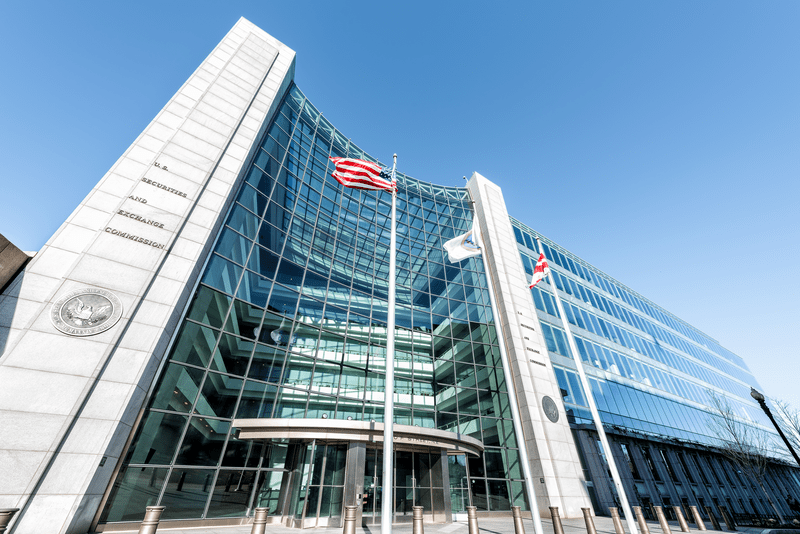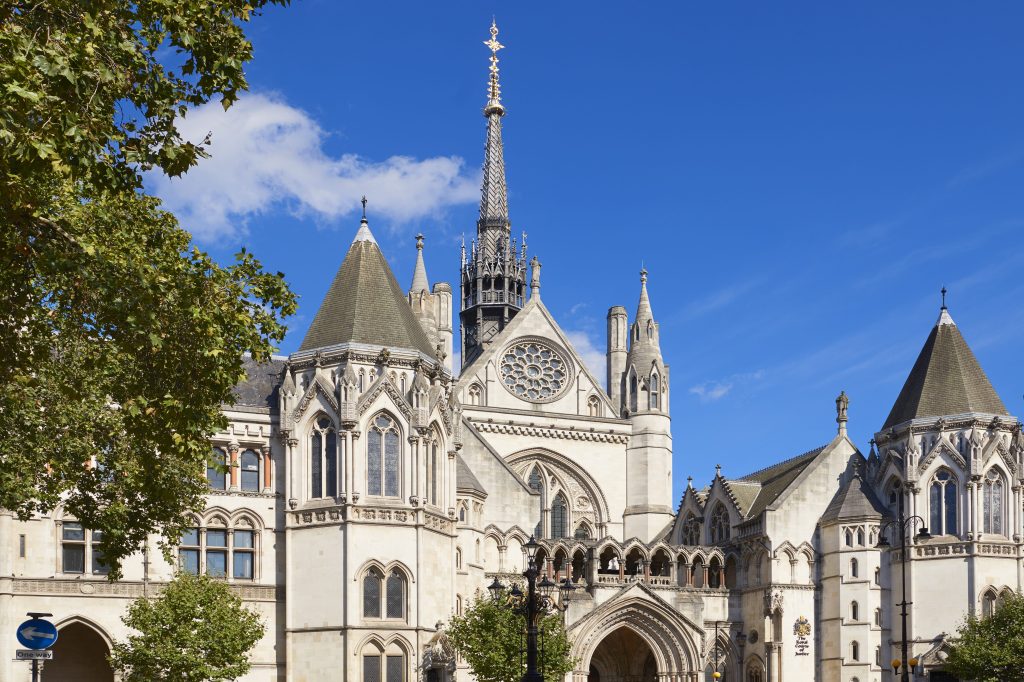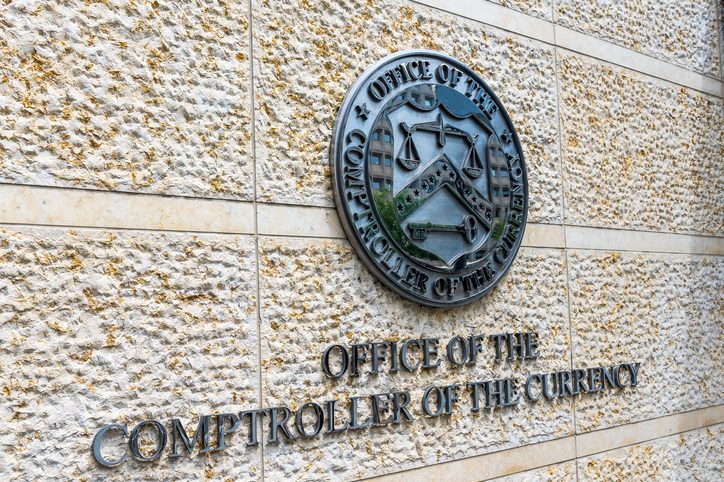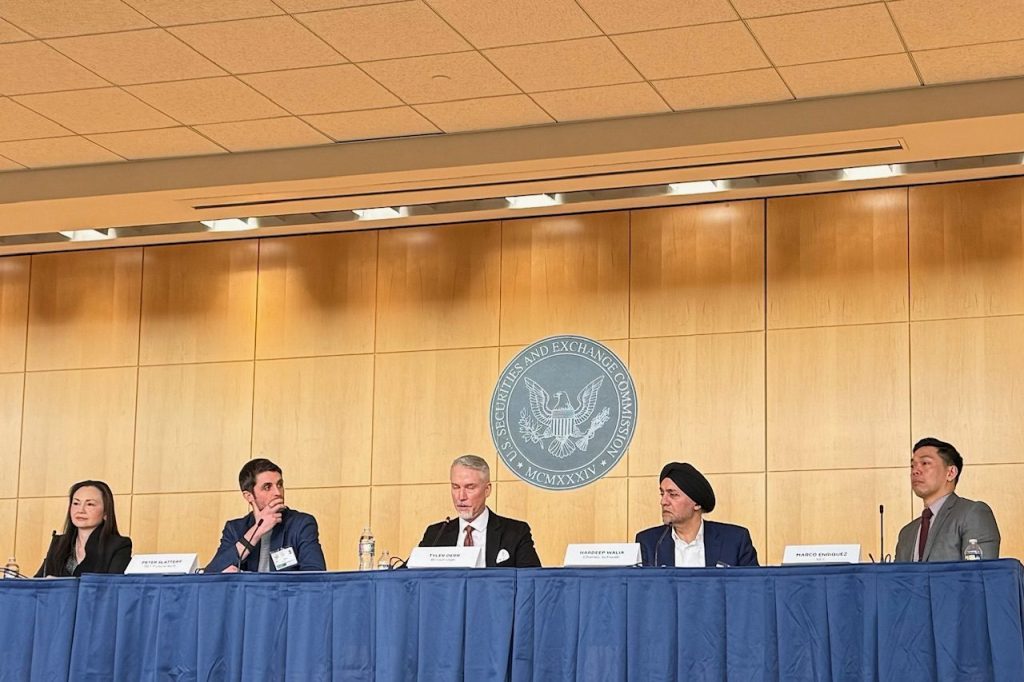The UK government is planning to change the way it taxes foreign individuals who are residing in the country. A government policy paper from last August says it is “committed to addressing unfairness in the tax system, so that everyone who is long-term resident in the UK pays their taxes here.” The news has sparked debate both in the UK and abroad.
Political, financial and legal stability are primary concerns for the wealthy when looking for where to settle. And for decades that’s exactly what Britain has managed to offer to some of the world’s richest individuals, their families and, in some cases, their businesses. But is this golden period coming to an end? And should the UK’s tax collectors be worried?
Last June a headline in Fortune suggested that the super-rich in the UK were “in panic-mode and fleeing the country to shelter their money.” The article suggested that political instability, including the fact that the country had seen five Prime Ministers come and go since 2016, and the sudden announcement of a summer election by Rishi Sunak were some of the reasons for the panic.
An October 17 headline in Le Monde said “two centuries of tax exemption for wealthy foreigners are about to end” in the UK. It quoted financial experts who claimed that around 20% of wealthy foreigners residing in the UK were considering leaving. Some had already packed their bags and left, the article claimed.
Logic of proposed changes
While the precise technical and legal complexities of the proposed changes haven’t been published yet, we do know the broader specifics. The government says: “it will remove preferential tax treatment based on domicile status for all new foreign income and gains (FIG) that arise from 6 April 2025. To replace the remittance basis of tax, the government will introduce an internationally competitive residence-based regime, providing 100% relief on FIG for new arrivals to the UK in their first four years of tax residence, provided they have not been UK tax resident in any of the 10 consecutive years prior to their arrival.”
Also: “From 6 April 2025, the protection from tax on income and gains arising within settlor-interested trust structures will no longer be available for non-domiciled and deemed domiciled individuals who do not qualify for the 4-year FIG regime.”
“The government is committed to addressing unfairness in the tax system, so that everyone who is long-term resident in the UK pays their taxes here.”
Government policy paper
There will also be changes to Inheritance tax (IHT), which is currently a domicile-based system. The plan is to “replace this with a new residence-based system from 6 April 2025. This will affect the scope of property brought into UK IHT for individuals and trusts,” according to the policy paper.
The government has called the current concept of domicile status “outdated” and says it wants to “implement a new residence-based regime which is internationally competitive and focused on attracting the best talent and investment to the UK.”
More importantly, it’s about revenue income for the government, and about figures. According to some reports the Labour government believes the proposed changes will bring an extra £2.6 billion ($3.30 billion) to the UK economy. And that sort of money can go a long way towards filling the current budget gap.
What could this mean?
The answer depends on who you listen to.
A research study by the University of Warwick and The London School of Economics and Political Science (LSE) published in September 2022 suggested the proposed changes could benefit the UK. It also rejected fears that any policy change would lead to a mass exodus of wealthy foreigners from the UK.
The study has two key findings. First, it claims that abolishing the current tax regime will raise £3.2 billion ($4.17 billion) in taxes for the UK economy. Second, those who have left in the past for tax reasons, or might do so in the future, hardly pay any taxes in the UK anyway. This means the “fiscal cost of their departure will be limited.”
But a recent report by the consultancy group Oxford Economics contradicts the above findings. The report, commissioned by the lobby group Foreign Investors for Britain, claims that, “the proposed reforms could cost the Exchequer £0.9 billion ($1.17 billion) in 2029-30.” This report also highlighted reports in the Financial Times that the majority of the non-doms surveyed were not in favour of the proposed inheritance tax on their worldwide assets.
A separate group of experts also argued that “higher tax rates, beyond a certain point, reduce rather than raise revenues.” They believe that tax exemptions have been a major factor attracting non-doms to the UK for over two centuries, and any aggressive changes could backfire.
Law firm Penningtons Manches Cooper says that the upcoming budget at the end of October might provide the more specific details so many are waiting for.
It also thinks that, given the short time gap between the announcement of the budget in October 2024 and the proposed changes coming into effect in April 2025, individuals and business who are likely to be affected will have very little time to make arrangements, and decisions.
Alternatives for non-doms
Some reports suggest wealthy non-doms would prefer not having to think about alternatives in the first place and are trying to shape the debate through the. Foreign investors for Britain lobby group. They believe “there was an opportunity to modernise the tax regime for foreigners that would allow the UK to hold its own against the sweeteners offered by nations like Italy, Switzerland and the United Arab Emirates.”
But it’s still worth looking into what other options are out there in case some of the wealthy non-doms do decide to leave the UK. Their financial advisers are already on the case.
For example, this article by KPMG provides advice on taking up residence in Switzerland as an alternative to the UK. It also discusses the different tax regimes that will apply to foreigners taking up residence in that country and weighs up the advantages and disadvantages of each tax regime.
Another article by the Bolder Group claims that around 70,000 non-doms are thinking of leaving the UK due to the proposed changes to the tax regime that applies to them. The piece mentions Switzerland, Ireland, Malta, Cyprus and the Middle East as alternative options. It also discusses the advantages of settling in any of those countries, highlighting factors such as tax benefits, quality of life, healthcare, education and so on.
“Higher tax rates, beyond a certain point, reduce rather than raise revenues.”
Experts opinon
Italy has become another attractive destination for wealthy foreigners since 2017, the year in which it introduced a new tax regime for non-doms. One of its key attractions is the simplicity of the policy, offering a highly competitive flat-rate tax of €100,000 per annum for an individual’s entire global income.
The UK’s desirability for wealthy foreigners was already in decline even before the new tax proposals were announced. These individuals are increasingly looking for destinations that offer a better quality of life, more political and legal stability, better healthcare and education and, of course, friendly tax policies.
But while high-net-worth individuals are a very mobile demographic, moving to another country is still a big decision. Which means while the tax regime is a key factor, those other bigger picture considerations will also play their part.












